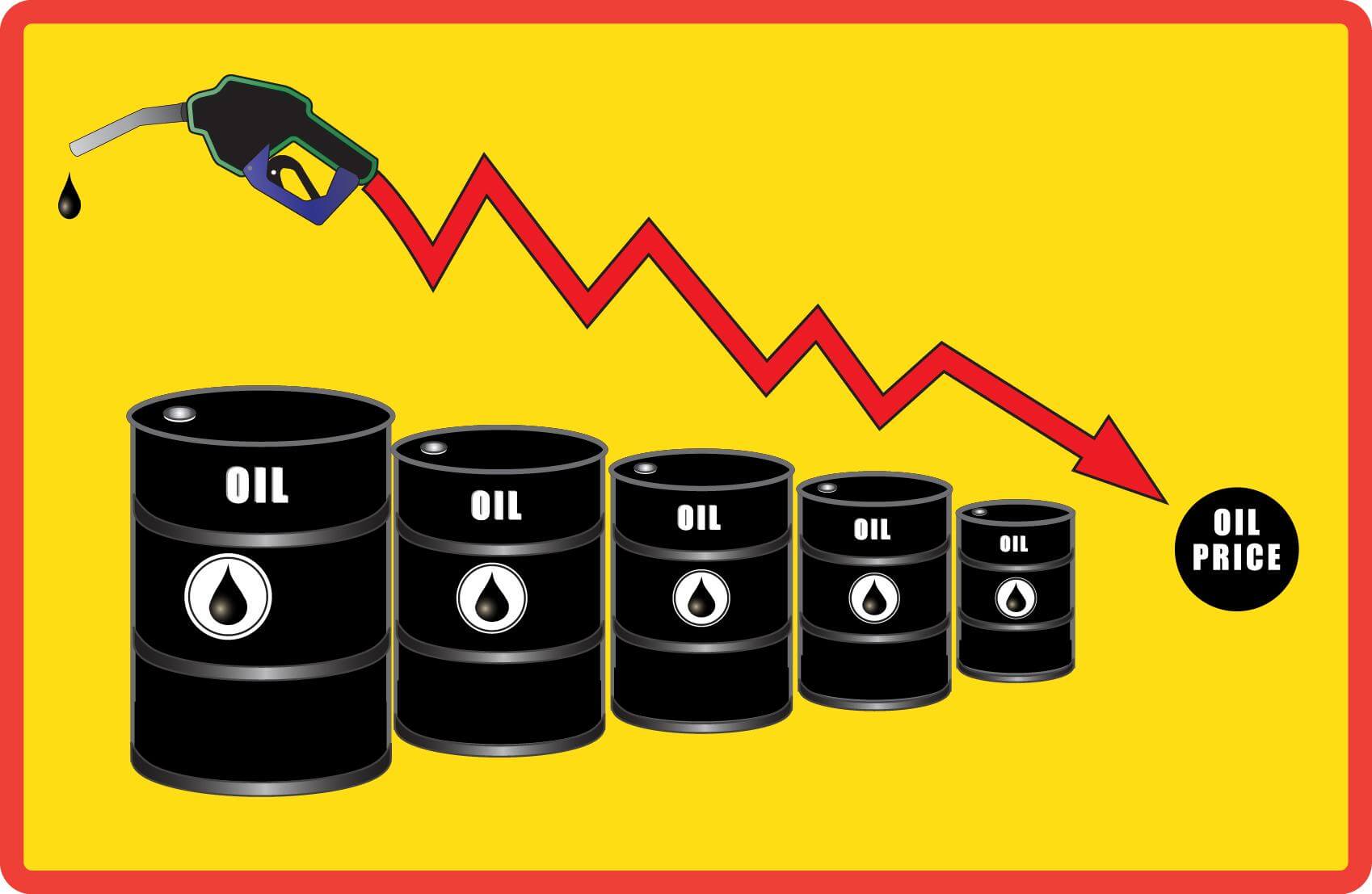In current times, volatility in the markets can certainly have an impact on businesses, including their procurement strategies. In times of market instability, it can be more challenging for businesses to predict demand and anticipate changes in pricing for raw materials or other inputs. As a result, businesses may need to take steps to strengthen their procurement processes to better manage these risks.
One key way businesses can strengthen procurement during volatile markets is by improving their forecasting and planning capabilities through category management procurement. This may involve investing in better data analytics tools, working more closely with suppliers to gather information on pricing trends, and developing contingency plans in case of unexpected changes in demand or supply.
Another important strategy is to diversify suppliers and supply chains as much as possible. By working with multiple suppliers and spreading out risk, businesses can help ensure continuity of supply even if one supplier or region experiences disruptions. This can also help mitigate the impact of price volatility, as businesses may be able to negotiate better prices by having multiple options to choose from.

What Is Category Management?
Category management is a strategic approach to managing a group of products or services within a business, to maximize profitability and meet customer needs. It involves analysing data on customer behaviour, market trends, and competitor activity to make informed decisions about product assortment, pricing, promotion, and placement. The ultimate goal of category management is to improve the customer experience and drive revenue growth.
Managed services are an outsourcing model where a business contracts with a third-party provider to manage specific functions or processes. In the context of category management, businesses can benefit from using managed services to ensure that they have the necessary expertise and resources to execute category management effectively. Here are some reasons why:
Expertise
Managed service providers specialize in category management and have the expertise to analyse data and make informed decisions about product assortment, pricing, promotion, and placement. They can provide insights that businesses may not have in-house, and they can apply best practices from across industries.
Through automated category management, managed services provide data-driven software solutions to streamline the process of analysing customer behaviour, market trends, and competitor activity. Here is a possible workflow of automated category management in increasing expertise:
Data Collection
The first step in automated category management is collecting data on customer behaviour, market trends, and competitor activity. This data can come from a variety of sources, including point-of-sale systems, customer surveys, social media, and third-party market research.
Analysis
Once the data is collected, automated software can analyse it to identify trends and patterns. The software can use machine learning algorithms to automatically segment customers into different groups based on their behaviour, preferences, and demographics.
Product Assortment
Based on the data analysis, the software can recommend changes to the product assortment. For example, it may suggest adding new products to fill gaps in the current assortment or removing products that are not selling well.
Pricing
The software can also analyse pricing data to recommend changes that will improve profitability. For example, it may recommend raising or lowering prices on specific products based on customer demand and competitive pricing.
Promotion
The software can analyze promotional data to recommend changes to promotional activities. For example, it may suggest running promotions at specific times of the year or targeting specific customer segments with personalized offers.
Scalability
Managed services can scale up or down depending on a business’s needs. For example, a business may need additional resources to manage a new product launch or a seasonal surge in demand. A managed service provider can provide the necessary resources quickly and efficiently.
Cost-effectiveness
Managed services can be more cost-effective than hiring in-house staff to manage category management. Businesses can avoid the costs of recruiting, training, and managing staff, and they can benefit from the economies of scale that a managed service provider can offer.
Focus
Outsourcing category management to a managed service provider allows businesses to focus on their core competencies. They can spend more time developing new products or services, improving customer service, or expanding into new markets.
Conclusion:
Technology can provide several advantages for category management. One of the most significant is the ability to collect and analyse data on customer behaviour, sales trends, and inventory levels. By leveraging machine learning and other advanced analytics tools, category managers can identify patterns and make data-driven decisions about product selection, pricing, and promotions.


























